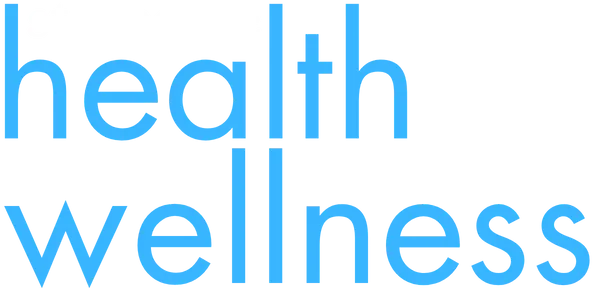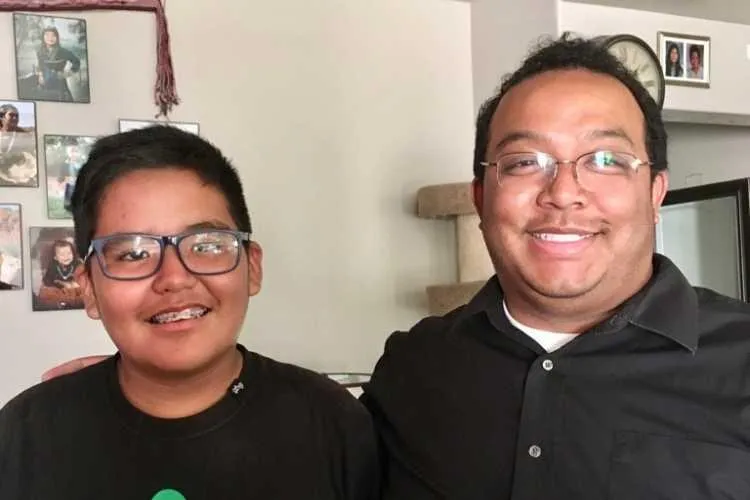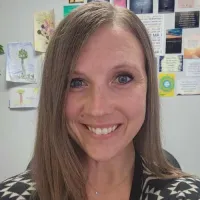

EDUCATION ARTICLES

It Takes Little to Be a Big
When Little Brother Jonathan’s* mother passed away and he went to live with his grandmother Lupita, his world turned upside down. Lupita knew that raising her grandson would be a challenge, so she turned to the Big Brothers Big Sisters program for additional support, knowing that they provided carefully screened mentors for children and helped support them through difficult circumstances. “I wanted Jonathan to have his own special time with his own friend, one-on-one,” she said.
After applying online and going through the enrollment process, Jonathan was accepted into the program and matched with his Big Brother Kevin. The program was nothing new to Kevin; he had been a Big Brother to another youth in Tennessee while he finished graduate school. “Growing up, one of my closest friends had a Big Brother,” Kevin explained. “Seeing their relationship inspired me over the years and gave me an example of how small, consistent efforts can positively impact a child’s life so immensely.”
Lupita, Jonathan, and Kevin committed to being matched in the program for at least twelve months and to doing at least two activities a month. At the beginning of their match, Jonathan was shy and reserved. Kevin was patient with him as they got to know each other and developed a friendship. They connected through common interests and activities, like playing Pokémon GO, laser tag, and bowling and eating a lot of good food. They also spent time together at the agency-wide activities offered through the Brothers Big Sisters program including car shows, pool parties, holiday parties, and sports clinics.
Throughout the duration of their match, Tresa Downey, match support specialist for the sixty-five-plus Big Brothers Big Sisters matches in Washington County, was there to offer guidance and advice. “Kevin has been incredibly consistent and truly values his role as a mentor. Lately, he has been working hard to help Jonathan plan for his post-high school future,” she said.
Although Kevin and Jonathan agreed to only twelve months in the program, they have now been matched for five and a half years. “I’ve noticed that my Little Brother has really learned to verbalize things that are going on in his life,” said Kevin, smiling. “We have had many conversations about where he wants to go in his future.”
Most youth matched in the program experience improvements like increased self-esteem and better academic achievement after just one year. But after seeing Jonathan improve so drastically over the years, Kevin would agree that Jonathan has not been the only one who has benefited from the match. “There are a lot of things Jonathan has taught me, like opening yourself up to others and creating bonds that connect you to others,” he said. Their match has stayed active, even in some very difficult circumstances. During the 2021 pandemic, they met virtually, helping them to realize that their relationships with the people they cared about could get them through anything.
Jonathan will graduate from high school in May of 2025 and has plans to become a welder. He feels much of his high school success was influenced by his Big Brother. “Having a Big Brother helped me get an idea about money and careers and helped teach me about being an adult,” said Jonathan. “I feel like he’s my actual big brother. He’s made a big impact on my life.”
For those considering becoming a mentor, Kevin emphatically encourages them to take the leap and do it. “I know most of us have the time to get an ice cream, go to the park for a bike ride, or do other activities that can enrich the life of someone else.” Jonathan also recommends the program for any youth struggling. “I would tell a kid that wanted to join that it wouldn’t hurt to try the program. You could build a bond with whoever you get matched to.”
For more information on the BBBS program or to apply, visit www.bbbsu.org.
*Names have been changed to protect anonymity.
Becky Hurd bio:
Becky Hurd has been the enrollment and recruitment coordinator with Big Brothers Big Sisters of Southern Utah since 2021. She earned her bachelor’s degree in sociology from Southern Utah University. Prior to working for a nonprofit, she worked with adults with disabilities, in child welfare, and in residential treatment facilities. She lives with her three children in Washington, Utah.
